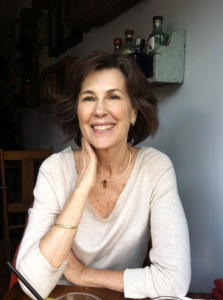 Guest Post
Guest Post
by Eileen Goudge
The term “traditionally published” took some getting used to when I first began hearing it. Back when my first novel, Garden of Lies, came out in 1986, there were two kinds of writers: published and unpublished. Those who were self-published didn’t count.
The digital revolution changed all that. In today’s world, not only is there no stigma to self-publishing, there’s valor in it. And money to be made. Statistics from two recent surveys on self-publishing show that indie authors dominate eBook bestseller lists by a whopping 54%. That’s more than all the traditionally published authors from the major houses combined! That said, I had to be dragged into the new reality even though my indicator lights were blinking, warning me I was in danger of being crushed by the old ways. My reluctance was understandable. Like an adult child living at home, I was spoiled. For my fifteen women’s fiction titles that were traditionally published, I’d had other people doing the work of bringing each book to the marketplace. I didn’t need to concern myself with pesky details such as editing, cover design, distribution, marketing strategy, and promotion. Continue reading “How I Went from Traditionally Published Author to Indie Author (With the Scars to Show for It)”

 Guest Post
Guest Post
